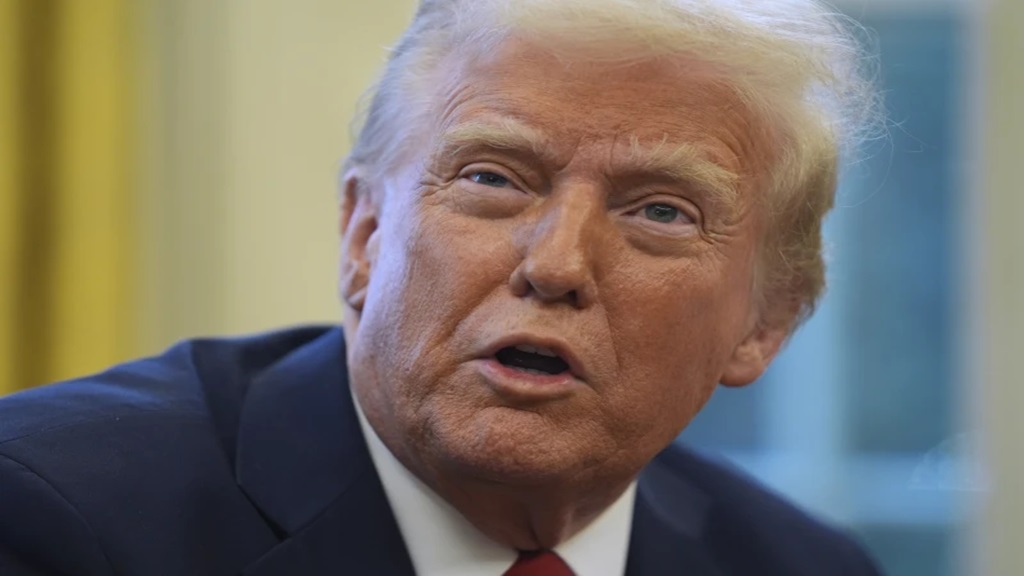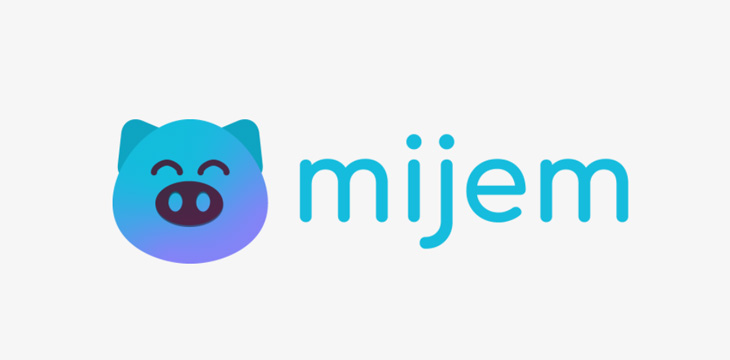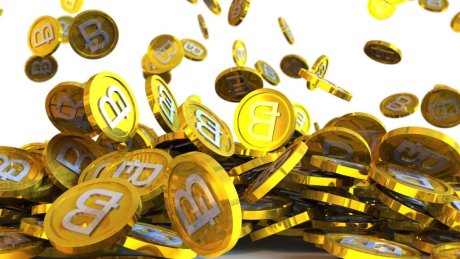The digital identification platform, Worldcoin, is generating global excitement. Co-founded by Sam Altman, the CEO of OpenAI, this highly anticipated platform aims to provide a verified digital identity and introduce a cryptocurrency token called Worldcoin (WLD). Its primary objective is to address the growing challenges posed by advancements in artificial intelligence (AI), specifically in distinguishing between human activity and AI algorithms online. While gaining traction, the platform is also under scrutiny from the UK’s Information Commissioner’s Office (ICO), which has initiated inquiries into its data protection practices.
The General Data Protection Regulation (GDPR), a pan-EU law, includes a mechanism called the OneStop-Shop. Its purpose is to streamline regulatory oversight when concerns span across Member State borders. This applies even to legacy U.K. data protection rules, with the Information Commissioner’s Office (ICO) sharing similar concerns as EU peers. It becomes particularly relevant when the data processor involved has its main establishment in the EU, which seems to be the case for Worldcoin.
Worldcoin’s Potential Uses
While it sounds quite futuristic, dystopian almost, there are actually a lot of real-world uses for projects like Worldcoin:
Digital Identity Verification
Worldcoin’s central offering, known as World ID, presents a convenient solution for users in an online world overflowing with AI-generated content. By utilising iris-scanning technology through the Orb, it creates a unique identification code, guaranteeing enhanced security and privacy. This ensures that each individual possesses only one World ID.
Facilitating Decentralised Finance (DeFi)
The World App serves as a digital wallet that supports various cryptocurrencies, including Bitcoin, Ethereum, and USDC. Its primary objective revolves around granting users access to a growing array of decentralised finance applications. This empowers individuals to effortlessly engage in the ever-evolving realm of digital finance.
Addressing AI Confusion
AI technology is rapidly advancing, emphasising the need to differentiate between human and AI entities. Worldcoin’s “proof of personhood” initiative, coupled with their digital passport system, presents a promising solution to alleviate the confusion in identifying genuine users amidst AI algorithms.
Global Financial Inclusion
Worldcoin’s mission aligns with the goal of promoting financial inclusion worldwide. They aim to provide universal access to the global economy and bridge economic gaps. By enabling individuals to verify their humanness, Worldcoin empowers underserved populations to participate in DeFi.
Potential Governance Mechanism
As Worldcoin evolves, its WLD cryptocurrency token holds the potential to serve two important functions. Firstly, it can act as a utility within the platform’s decentralized ecosystem. Secondly, it has the ability to function as a governance mechanism. By integrating token holders into protocol upgrades and decision-making processes, the platform fosters community participation and offers individuals a voice in shaping its future direction.
However, it could also be used to make investments and purchases much like the other leading cryptocurrencies. For example, retail businesses, financial services and even the top crypto casino sites in 2023 are all seeing the potential benefits Worldcoin offers.
However, industry experts are seeing potential changes and regulatory implications associated with cryptocurrencies in the long term, even more so with Worldcoin’s unique data recognition software. Operators must prioritise compliance with relevant laws and regulations to establish a secure and legally compliant gambling environment.
Despite this, there’s every chance that Worldcoin could compete with other major tokens in terms of mainstream adaptation. After all, its founder is the brilliant mind behind ChatGPT, the fastest-growing consumer application in history.
So, which coins could Worldcoin potentially compete with?
Bitcoin (BTC), as the pioneering and most valuable cryptocurrency, enjoys widespread recognition. Its immense popularity and extensive adoption have prompted numerous online retailers, including casinos and eCommerce platforms, to embrace BTC as a viable payment method. It’s unlikely that Worldcoin will reach this level of success, but the in the crypto world, anything is possible.
Ethereum (ETH) has transformed the world of decentralized applications (dApps) through the utilization of smart contracts. This innovative technology has paved the way for various dApps related to online gaming, enabling effortless creation and management of virtual tokens. We could see similar widespread adaptation of Worldcoin in the future as it becomes more and more established.
Finally, Decentraland (MANA) represents a virtual reality platform constructed on the Ethereum blockchain. This is a more niche project and is a more likely competitor for Worldcoin, at least in the near future. Within this immersive world, users possess the ability to effortlessly create their own unique virtual assets, providing opportunities for ownership and even monetization. While this isn’t yet possible on Worldcoin’s ecosystem, both share the fact that they bring users a unique offering that’s not found on other blockchain platforms.
Conclusion
The launch of Worldcoin has generated significant global interest as it holds the potential to revolutionise digital identity verification and improve financial inclusivity. With inquiries from the UK’s ICO, the platform must prioritise robust data protection practices to establish trust among its users.
Moreover, in a competitive landscape of cryptocurrencies, Worldcoin aims to carve out its niche. As the world increasingly embraces digital solutions, Worldcoin’s role in shaping decentralised finance and identity verification is sure to be closely monitored.
The digital identification platform, Worldcoin, is generating global excitement. Co-founded by Sam Altman, the CEO of OpenAI, this highly anticipated platform aims to provide a verified digital identity and introduce a cryptocurrency token called Worldcoin (WLD). Its primary objective is to address the growing challenges posed by advancements in artificial intelligence (AI), specifically in distinguishing between human activity and AI algorithms online. While gaining traction, the platform is also under scrutiny from the UK’s Information Commissioner’s Office (ICO), which has initiated inquiries into its data protection practices.
The General Data Protection Regulation (GDPR), a pan-EU law, includes a mechanism called the OneStop-Shop. Its purpose is to streamline regulatory oversight when concerns span across Member State borders. This applies even to legacy U.K. data protection rules, with the Information Commissioner’s Office (ICO) sharing similar concerns as EU peers. It becomes particularly relevant when the data processor involved has its main establishment in the EU, which seems to be the case for Worldcoin.
Worldcoin’s Potential Uses
While it sounds quite futuristic, dystopian almost, there are actually a lot of real-world uses for projects like Worldcoin:
Digital Identity Verification
Worldcoin’s central offering, known as World ID, presents a convenient solution for users in an online world overflowing with AI-generated content. By utilising iris-scanning technology through the Orb, it creates a unique identification code, guaranteeing enhanced security and privacy. This ensures that each individual possesses only one World ID.
Facilitating Decentralised Finance (DeFi)
The World App serves as a digital wallet that supports various cryptocurrencies, including Bitcoin, Ethereum, and USDC. Its primary objective revolves around granting users access to a growing array of decentralised finance applications. This empowers individuals to effortlessly engage in the ever-evolving realm of digital finance.
Addressing AI Confusion
AI technology is rapidly advancing, emphasising the need to differentiate between human and AI entities. Worldcoin’s “proof of personhood” initiative, coupled with their digital passport system, presents a promising solution to alleviate the confusion in identifying genuine users amidst AI algorithms.
Global Financial Inclusion
Worldcoin’s mission aligns with the goal of promoting financial inclusion worldwide. They aim to provide universal access to the global economy and bridge economic gaps. By enabling individuals to verify their humanness, Worldcoin empowers underserved populations to participate in DeFi.
Potential Governance Mechanism
As Worldcoin evolves, its WLD cryptocurrency token holds the potential to serve two important functions. Firstly, it can act as a utility within the platform’s decentralized ecosystem. Secondly, it has the ability to function as a governance mechanism. By integrating token holders into protocol upgrades and decision-making processes, the platform fosters community participation and offers individuals a voice in shaping its future direction.
However, it could also be used to make investments and purchases much like the other leading cryptocurrencies. For example, retail businesses, financial services and even the top crypto casino sites in 2023 are all seeing the potential benefits Worldcoin offers.
However, industry experts are seeing potential changes and regulatory implications associated with cryptocurrencies in the long term, even more so with Worldcoin’s unique data recognition software. Operators must prioritise compliance with relevant laws and regulations to establish a secure and legally compliant gambling environment.
Despite this, there’s every chance that Worldcoin could compete with other major tokens in terms of mainstream adaptation. After all, its founder is the brilliant mind behind ChatGPT, the fastest-growing consumer application in history.
So, which coins could Worldcoin potentially compete with?
Bitcoin (BTC), as the pioneering and most valuable cryptocurrency, enjoys widespread recognition. Its immense popularity and extensive adoption have prompted numerous online retailers, including casinos and eCommerce platforms, to embrace BTC as a viable payment method. It’s unlikely that Worldcoin will reach this level of success, but the in the crypto world, anything is possible.
Ethereum (ETH) has transformed the world of decentralized applications (dApps) through the utilization of smart contracts. This innovative technology has paved the way for various dApps related to online gaming, enabling effortless creation and management of virtual tokens. We could see similar widespread adaptation of Worldcoin in the future as it becomes more and more established.
Finally, Decentraland (MANA) represents a virtual reality platform constructed on the Ethereum blockchain. This is a more niche project and is a more likely competitor for Worldcoin, at least in the near future. Within this immersive world, users possess the ability to effortlessly create their own unique virtual assets, providing opportunities for ownership and even monetization. While this isn’t yet possible on Worldcoin’s ecosystem, both share the fact that they bring users a unique offering that’s not found on other blockchain platforms.
Conclusion
The launch of Worldcoin has generated significant global interest as it holds the potential to revolutionise digital identity verification and improve financial inclusivity. With inquiries from the UK’s ICO, the platform must prioritise robust data protection practices to establish trust among its users.
Moreover, in a competitive landscape of cryptocurrencies, Worldcoin aims to carve out its niche. As the world increasingly embraces digital solutions, Worldcoin’s role in shaping decentralised finance and identity verification is sure to be closely monitored.
Note: This article have been indexed to our site. We do not claim legitimacy, ownership or copyright of any of the content above. To see the article at original source Click Here













